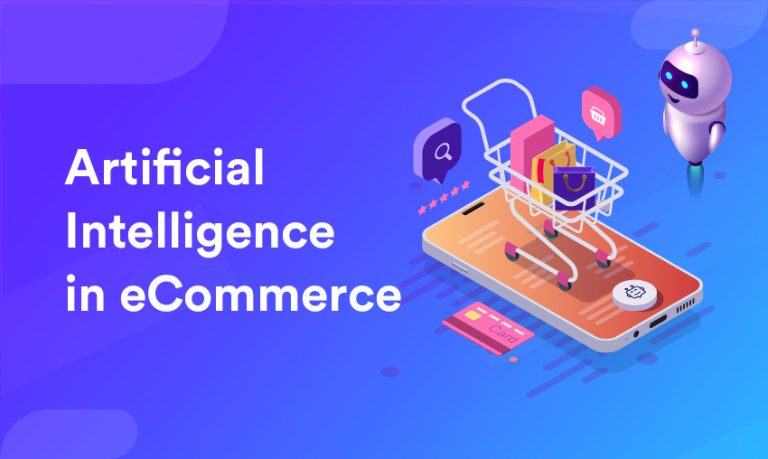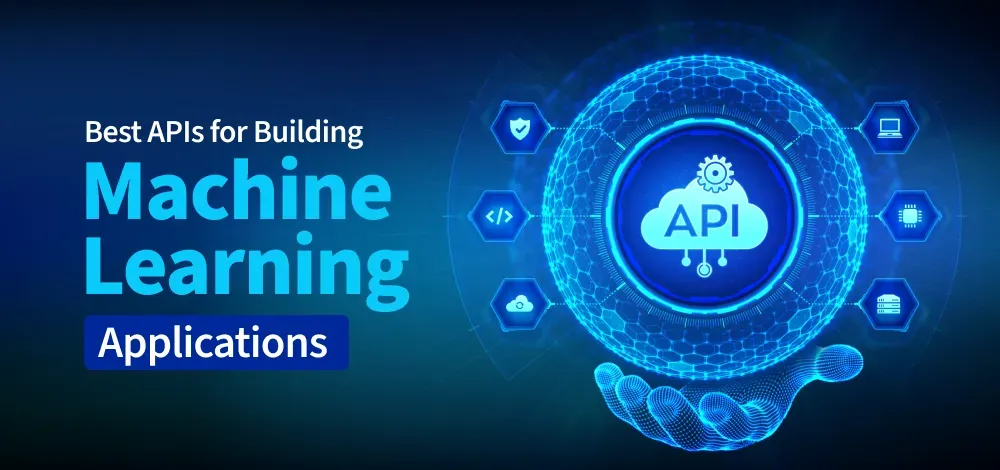The e-commerce industry is undergoing a massive transformation, thanks to artificial intelligence in e-commerce marketing. AI-powered tools are helping businesses personalize shopping experiences, optimize pricing, and automate customer interactions. From chatbots to predictive analytics, artificial intelligence in e-commerce marketing is enabling retailers to boost sales, improve customer satisfaction, and streamline operations. This article explores how AI is reshaping e-commerce and the key technologies driving this change.
The Growing Role of AI in E-Commerce Marketing
Artificial intelligence in e-commerce marketing is no longer a futuristic concept—it’s a necessity for staying competitive. AI analyzes vast amounts of customer data to deliver hyper-personalized recommendations, optimize ad campaigns, and predict future buying behaviors. Retail giants like Amazon and Alibaba already leverage AI to enhance user experiences, and smaller businesses are quickly adopting these technologies to level the playing field. With AI, e-commerce brands can automate repetitive tasks, reduce costs, and focus on strategic growth.
Key Applications of Artificial Intelligence in E-Commerce Marketing
1. Personalized Product Recommendations
One of the most impactful uses of artificial intelligence in e-commerce marketing is personalized recommendations. AI algorithms analyze browsing history, past purchases, and customer preferences to suggest relevant products. This not only increases conversion rates but also enhances customer loyalty by making shopping more intuitive. Platforms like Shopify and BigCommerce integrate AI-driven recommendation engines to help businesses deliver tailored shopping experiences.
2. AI-Powered Chatbots for Customer Support
Chatbots powered by artificial intelligence in e-commerce marketing provide instant, 24/7 customer support. These virtual assistants handle common queries, process returns, and even upsell products. By reducing response times and human workload, AI chatbots improve customer satisfaction while cutting operational costs. Many e-commerce sites now use tools like ChatGPT and IBM Watson to enhance their customer service.
3. Dynamic Pricing Optimization
AI enables real-time price adjustments based on demand, competition, and inventory levels. Dynamic pricing algorithms analyze market trends and customer behavior to set optimal prices that maximize profits. Airlines and major retailers have used this strategy for years, but now, even small e-commerce stores can implement AI-driven pricing tools to stay competitive.
4. Visual Search and Image Recognition
With artificial intelligence in e-commerce marketing, shoppers can now search for products using images instead of text. AI-powered visual search tools like Google Lens and Pinterest Lens allow users to upload photos and find similar products instantly. This technology enhances user experience and helps businesses attract customers who may not know how to describe what they’re looking for.
5. Predictive Analytics for Inventory Management
AI helps e-commerce businesses forecast demand and manage inventory efficiently. Predictive analytics tools analyze historical sales data, seasonal trends, and market conditions to prevent stockouts or overstocking. This reduces waste, improves cash flow, and ensures customers always find what they need.
6. AI-Driven Email and Ad Campaigns
Artificial intelligence in e-commerce marketing optimizes email and ad campaigns by segmenting audiences and predicting the best times to send messages. AI tools like HubSpot and Mailchimp use machine learning to personalize subject lines, content, and CTAs, leading to higher open and click-through rates. Similarly, AI-powered ad platforms like Google Ads and Facebook Ads automatically adjust bids and targeting for maximum ROI.
Benefits of AI in E-Commerce Marketing
The adoption of artificial intelligence in e-commerce marketing offers numerous advantages:
-
Increased Sales: Personalized recommendations and dynamic pricing drive higher conversions.
-
Enhanced Customer Experience: AI chatbots and visual search make shopping seamless.
-
Cost Efficiency: Automation reduces labor costs and minimizes human errors.
-
Data-Driven Decisions: Predictive analytics help businesses stay ahead of market trends.
Challenges and Considerations
While artificial intelligence in e-commerce marketing provides immense benefits, businesses must address challenges such as data privacy concerns, integration complexity, and the need for continuous AI training. Ensuring ethical AI use and maintaining transparency with customers is crucial for long-term success.
The Future of AI in E-Commerce Marketing
As AI technology evolves, we can expect even more advanced applications, such as voice commerce, augmented reality (AR) shopping experiences, and AI-generated content for product descriptions. The future of artificial intelligence in e-commerce marketing lies in creating fully autonomous, hyper-personalized shopping journeys that anticipate customer needs before they arise.
Final Thoughts
Artificial intelligence in e-commerce marketing is transforming how businesses engage with customers, optimize operations, and drive sales. By leveraging AI tools for personalization, pricing, customer service, and analytics, e-commerce brands can stay ahead in a competitive market. As AI continues to advance, retailers that embrace these innovations will lead the industry in customer satisfaction and revenue growth.
If you’re in e-commerce, now is the time to explore artificial intelligence in e-commerce marketing and unlock its full potential for your business. The future of retail is intelligent, automated, and customer-centric—don’t get left behind.








